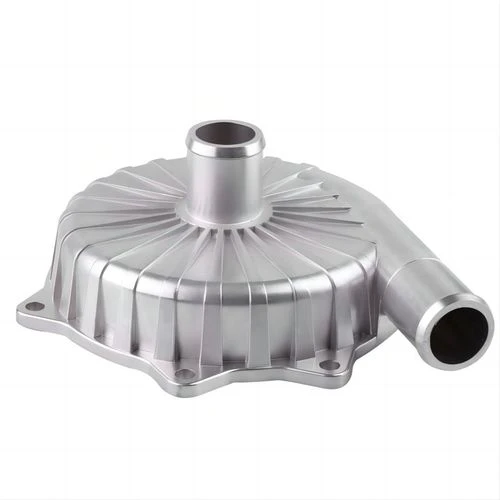Precision Control for Optimal Valve Performance in Industrial Applications
Understanding Precision Valves Essential Components in Fluid Control
Precision valves play a critical role in a wide array of industries, including aerospace, automotive, pharmaceuticals, and even food and beverage. These devices are engineered to control the flow of fluids with remarkable accuracy and reliability, making them indispensable in processes where precision is paramount. This article explores the fundamentals of precision valves, their types, applications, and significance in various sectors.
What is a Precision Valve?
A precision valve is designed to regulate the flow, pressure, and direction of fluids within a system. Unlike standard valves, precision valves are characterized by their ability to provide a consistent and controlled flow rate, even under varying conditions. This is achieved through meticulous engineering and design, often incorporating advanced materials and technology to enhance performance.
Types of Precision Valves
1. Solenoid Valves These are electromechanically operated valves that utilize an electromagnetic coil to open or close the valve, enabling precise control over fluid flow. Commonly used in automation systems, solenoid valves can switch rapidly and are capable of maintaining consistent flow rates.
2. Needle Valves Needle valves are designed for fine adjustment of flow, allowing for extremely accurate control. The long, tapered point of the valve stem permits a gradual opening or closing, thus controlling the flow rate minutely. These are particularly useful in applications where small adjustments can have significant effects.
3. Regulating Valves These valves are used to maintain a desired flow or pressure level in a system. By adjusting the outlet pressure, regulating valves ensure that downstream conditions remain stable, which is vital in many industrial processes.
4. Flow Control Valves Flow control valves are designed to manage the speed of fluid in a system. They can be adjusted to allow for precise manipulation of the flow rate, ensuring optimal performance of machinery and equipment.
Applications of Precision Valves
precision valve

Precision valves are utilized in numerous applications across various sectors
- Aerospace In aerospace engineering, precision valves are employed in hydraulic and pneumatic systems where precise control of pressure and flow is critical for safety and performance.
- Automotive In the automotive industry, these valves are essential for fuel injection systems, where accurate fuel delivery improves engine efficiency and reduces emissions.
- Pharmaceuticals The pharmaceutical industry relies heavily on precision valves during the manufacturing and dispensing of drugs. Ensuring the correct dosages and maintaining sterile environments are crucial, making precision valves invaluable.
- Food and Beverage In food processing, maintaining cleanliness and controlling the flow of ingredients is essential. Precision valves help ensure that products meet safety standards and maintain consistent quality.
Importance of Precision Valves
The significance of precision valves cannot be overstated. They contribute to the efficiency and effectiveness of various systems by ensuring optimal performance. In industries where safety is a concern, precision valves help mitigate risks by enabling better control over potentially hazardous materials. Moreover, the use of precision valves can lead to reduced waste and greater energy efficiency, making operations more sustainable.
Conclusion
In conclusion, precision valves are vital components that ensure the accurate control of fluid flow across numerous industries. Their ability to perform under strict tolerances makes them essential in applications where precision and reliability are non-negotiable. From advanced aerospace systems to essential pharmaceuticals, they support modern technology and help drive innovation. As industries continue to evolve and demand higher efficiency and reliability, the significance of precision valves is expected to grow, making them a focal point in engineering design and fluid control systems. Understanding and investing in these crucial devices can result in improved performance and safety across diverse applications.
-
Precision Casting AI Solution with GPT-4-Turbo | Optimized QualityNewsAug.02,2025
-
Precision Sheet Metal Stamping Manufacturer | Fast & ReliableNewsAug.01,2025
-
OEM Sand Cast Pump Valve Fittings - Baoding Hairun Machinery And Equipment Trading Co., Ltd.NewsAug.01,2025
-
Custom OEM Impellers | High Efficiency & PrecisionNewsAug.01,2025
-
OEM Sand Cast Pump Valve Fittings - Baoding Hairun Machinery | Customization, Quality AssuranceNewsAug.01,2025
-
OEM Sand Cast Pump Valve Fittings - Baoding Hairun Machinery And Equipment Trading Co., Ltd.NewsAug.01,2025















